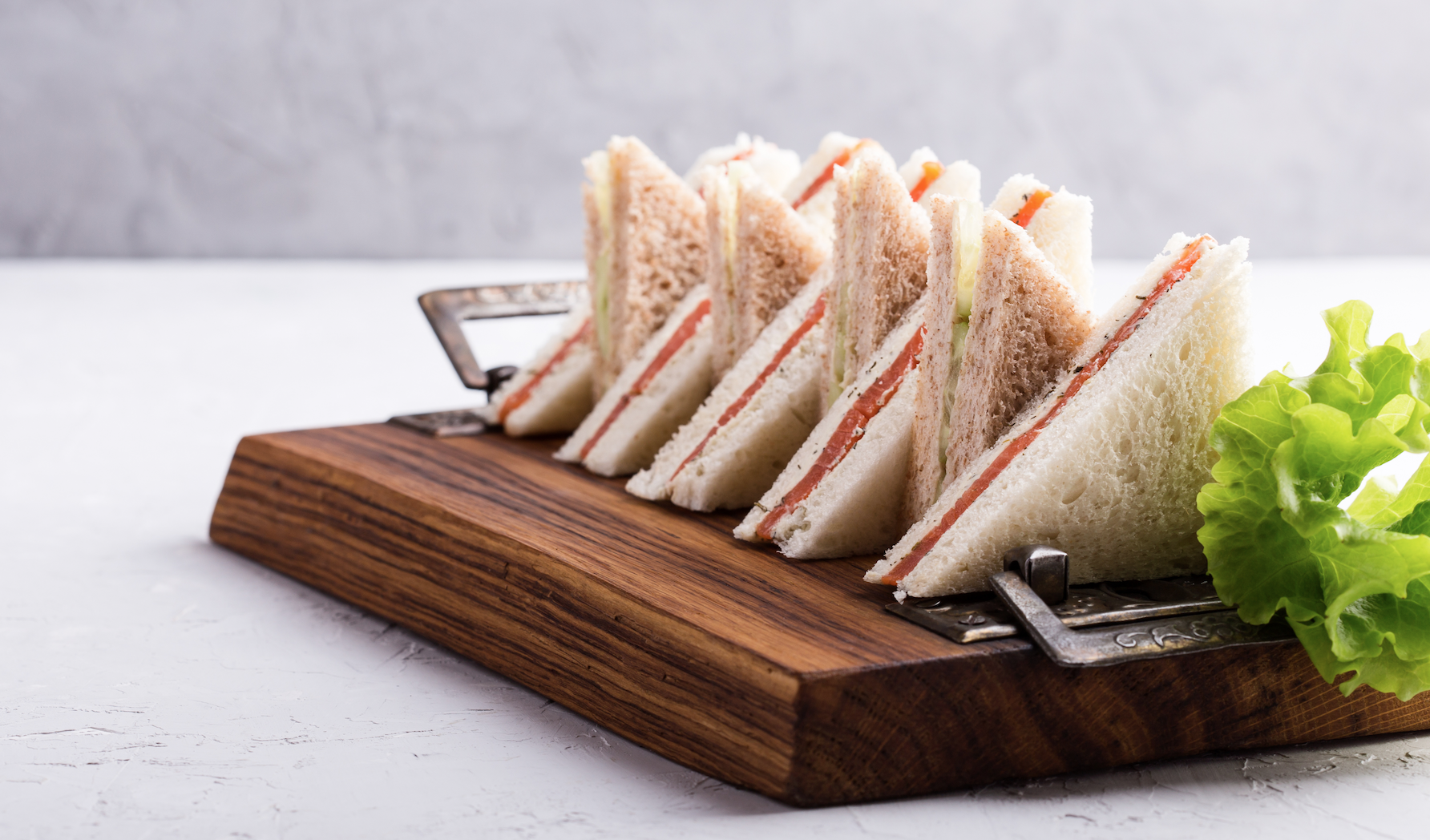Nutrition is also a key part of health and wellbeing, but it can be a challenge to ensure the person is eating a balanced diet, especially if they are elderly. Appetite can decrease with age, and a person may lack the motivation to prepare healthy meals or they may be unable to eat larger meals.
- Assist with food preparation – if the person is unwell or feeling tired, prepare meals in advance or help with food preparation. Ready prepared Meals on Wheels can be a good solution if available in your area – ask the local council if they can help. Starting the day with oatmeal supports fiber intake. Soft stews or soups and steamed soft vegetables with soft fruits like banana a grapes offer a good balance of vitamins scrambled egg can support protein intake.
- Check food is being stored properly – if the person has dementia, they may forget to throw out of date food away or fail to store food in the appropriate place. Meat and dairy products may be stored in a cupboard rather than the fridge or may be left uncovered. Freezer foods may not be in the freezer. Check fridges and cupboards regularly. Putting a note on the front of the fridge of when to make sure something is eaten by a certain day could be a useful prompt.
- Avoid distractions at mealtimes – always try to make dinning a pleasurable experience; a well set table with appropriate condiments and a preferred drink may well help. For many dinning is a social experience and having the right company can be very important but if an environment is too distracting, uncomfortable or noisy it can become a challenge.
- Make sure the person can see their food– if the person has reduced visibility, they may need help with eating. Sight issues can occur in a person with dementia, as the brain has to process what we see – guide them with eating where necessary. Use crockery that’s easy to see. Using a dark plate i.e. blue plate can help to make the visual distinctions as food is rarely blue. A white plate with foods such as potatoes and chicken can be very difficult to see.
- Check food temperatures – make sure food isn’t too hot or too cold and at a safe temperature before they eat.
- Look for signs of swallowing problems – if the person has dementia or they have been ill they may struggle to swallow, which can affect their inclination to eat. Indicators of problems swallowing include grimacing when eating, repeated clearing of the throat or coughing or large movements of the jaw when eating. Speak to their GP if you are concerned this is an issue and find softer foods to help. A speech and language therapist will be able to assess and advise on suitable changes to the diet
- Cut up food if they are struggling with cutlery– make it easy for them to eat. A good diet can be continued even with ‘finger foods’. Sandwiches, homemade chicken nuggets, vegetable sticks, fish sticks can be easily eaten with fingers.
- Serve smaller meals more often – if a person is struggling to eat large meals then consider giving them more frequent smaller meals throughout the day. This is less daunting for them than a large plate piled high with food.
- Look for marked loss of appetite – if the person suddenly loses their appetite or you notice more and more food is being left on the plate, seek medical help from the person’s GP. It may be that some form of physical activity if possible like a walk earlier in the day could help to increase appetite, but don’t leave it unchecked. A quick trick – the smell of fresh bread cooking makes us feel hungry – the same smell can be achieved by putting a couple of bread rolls a warm oven for a few minutes.

My husband was diagnosed with vascular dementia. He is a Vietnam Nam disabled vet. He has many things wrong with him but this is killing both of us. I am trying to help but need advice He can move but prefers to be waited on. I’m exhausted. Signing up for news letter. TY
My husband diagnosed with vascular dementia he is a Vietnam vet 100% disabled He has anger issues and it’s becoming increasingly difficult he can move around but wants me to wait on him I am exhausted please help Dealing with the VA.